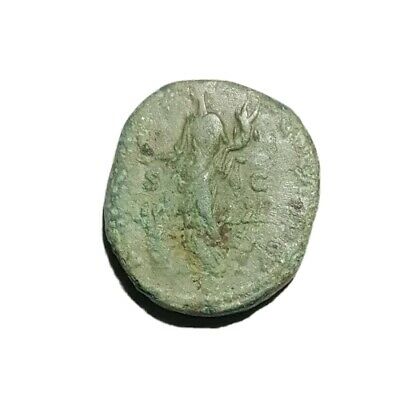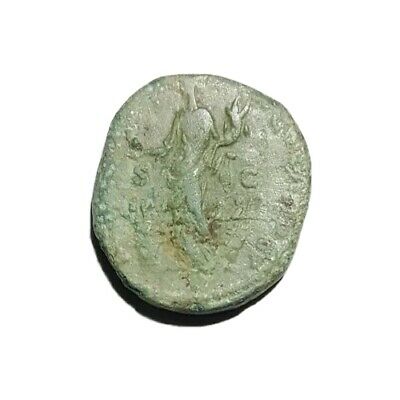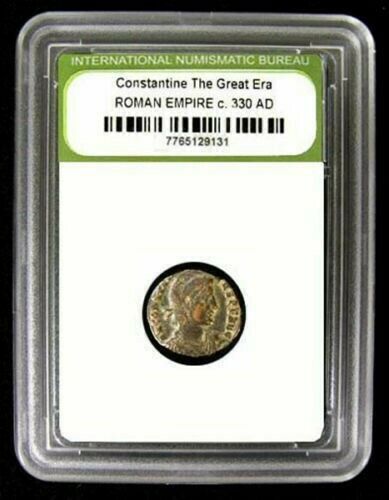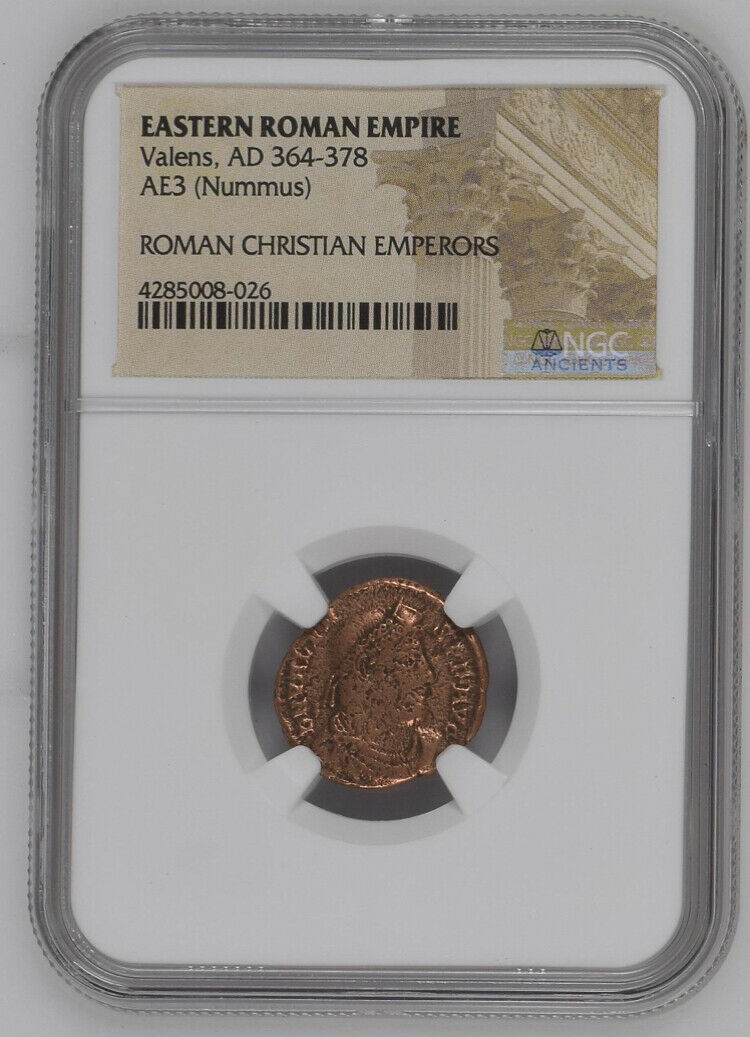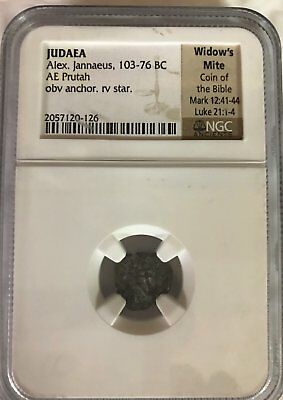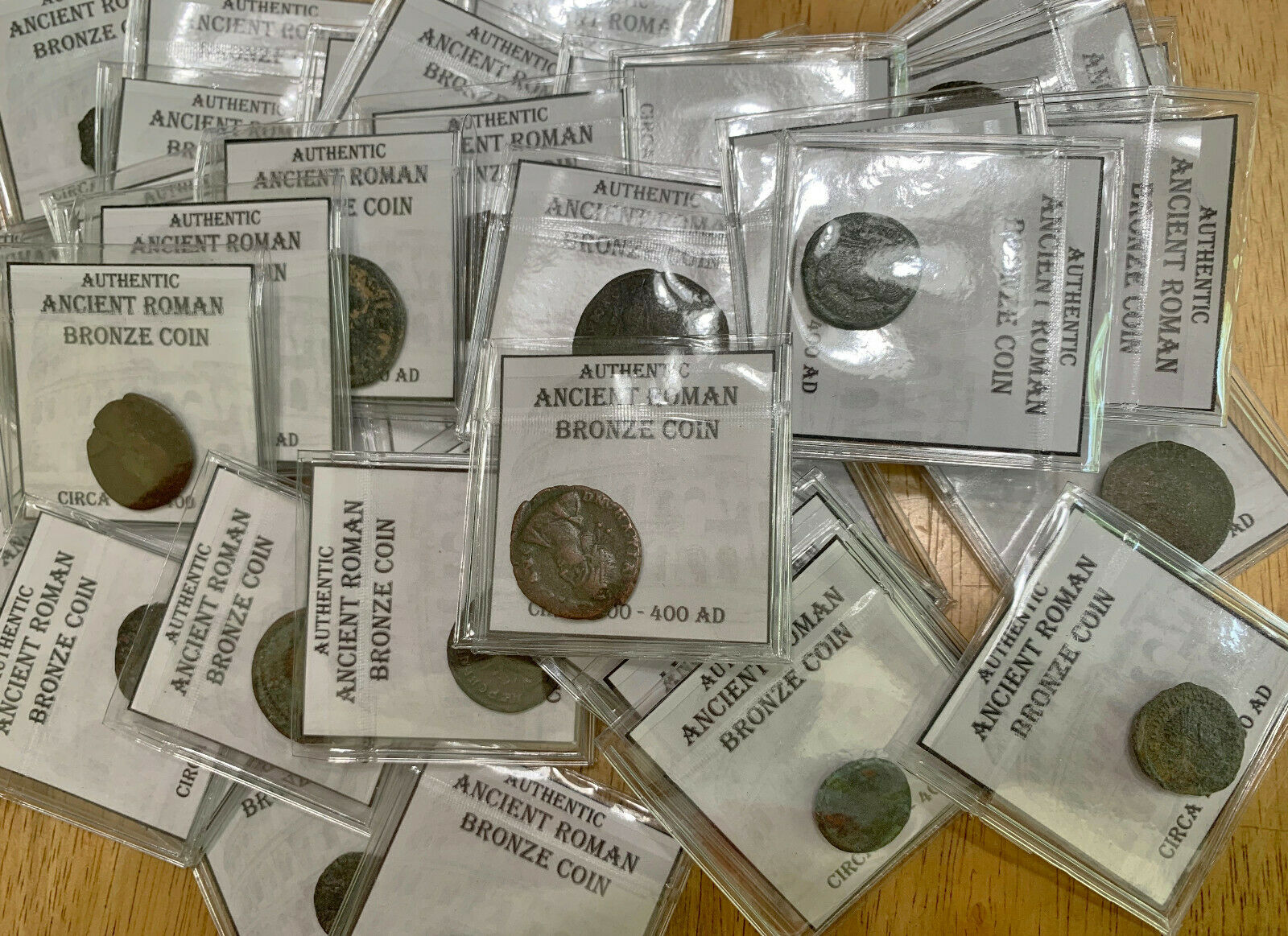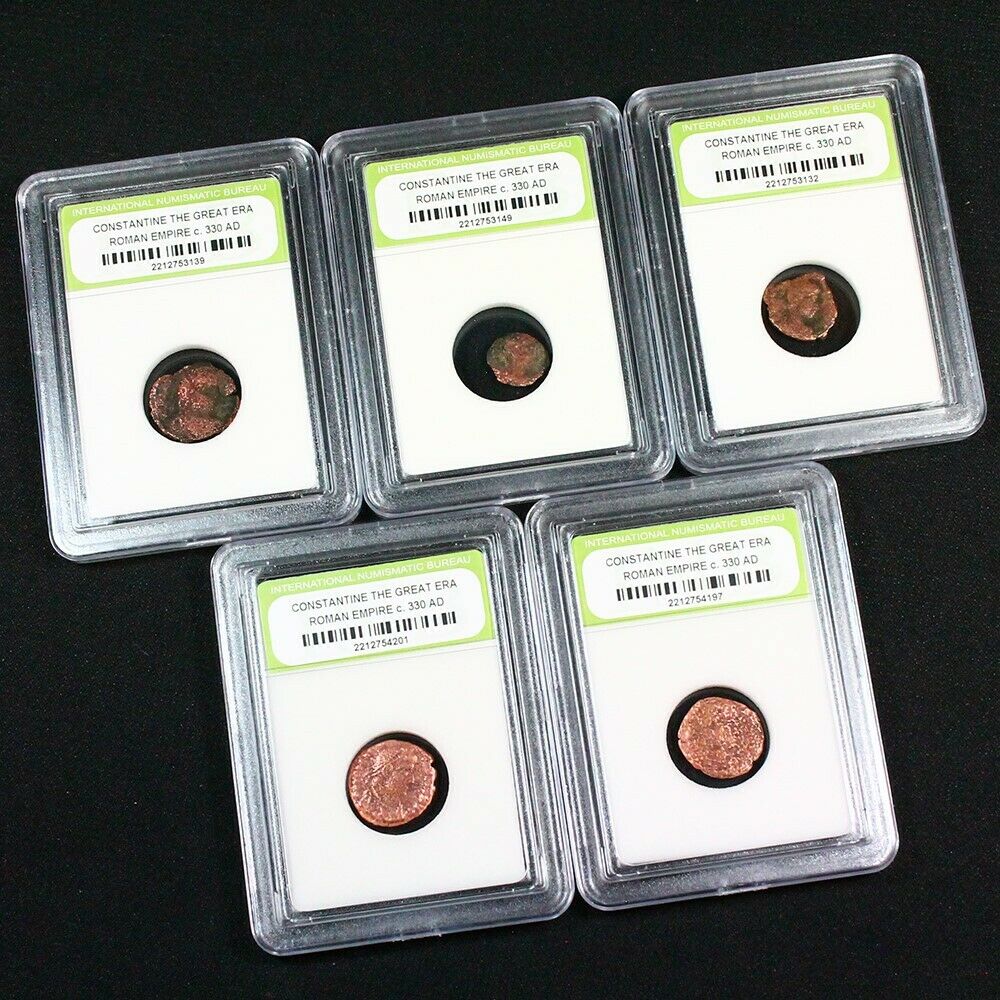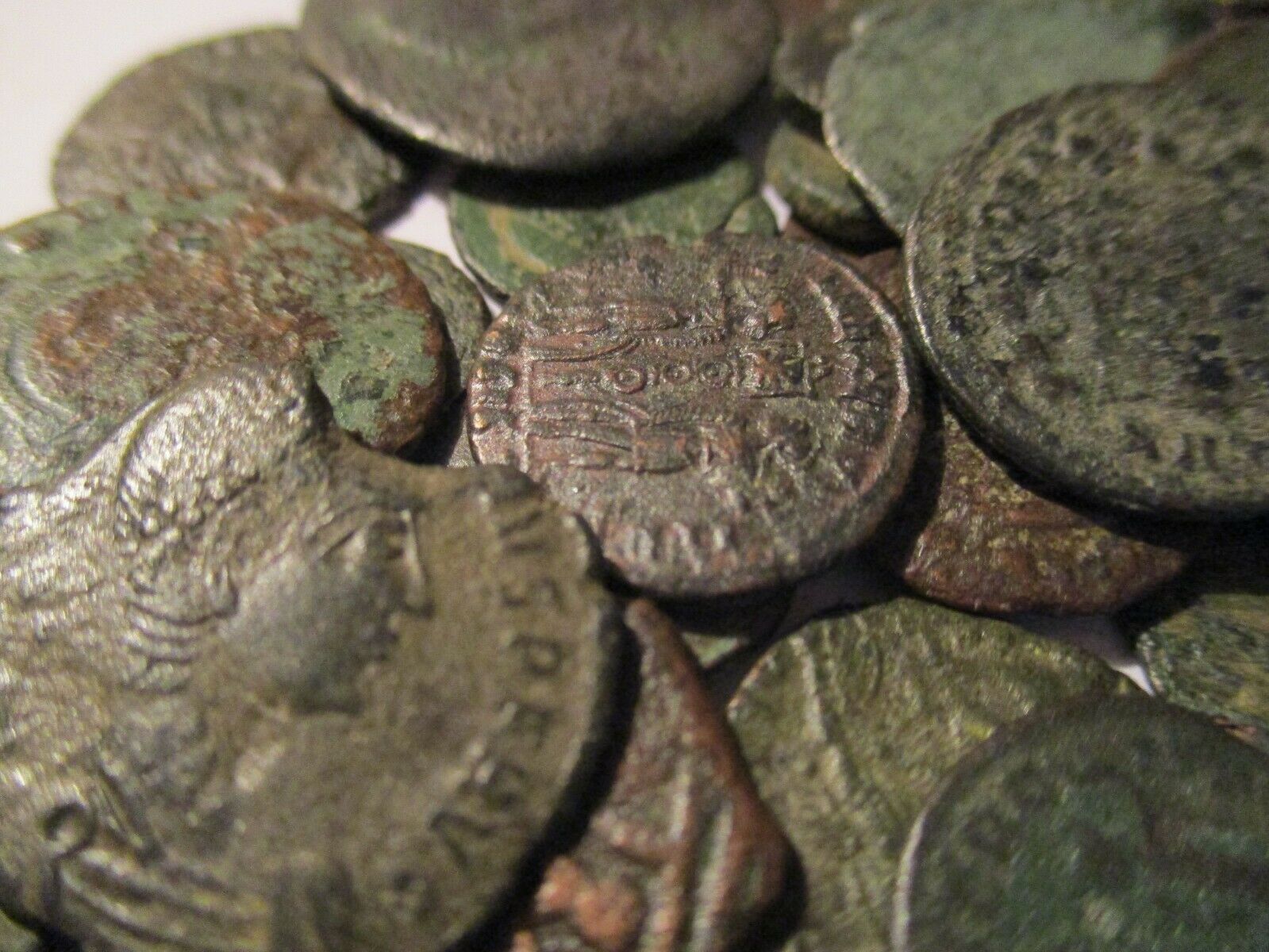-40%
Roman coin.Marcus Aurelius.Lot 300
$ 87.11
- Description
- Size Guide
Description
Roman coin.Marcus Aurelius.lot 300. Shipped with USPS First Class.Roman coin.Marcus Aurelius.Lot 265. Shipped with USPS First Class.
Weight:17.03 gm
Size:28 mm
Good condition
Certificate of Authenticity included.
Marcus Aurelius Antoninus was born 26 April 121AD – 17 March 180AD) was Roman emperor from 161AD to 180AD and a Stoic philosopher. He was the last of the rulers known as the Five Good Emperors (a term coined some 13 centuries later by Niccolò Machiavelli), and the last emperor of the Pax Romana (27 BC to 180AD), an age of relative peace and stability for the Roman Empire. He served as Roman consul in 140AD,145AD, and 161AD
Marcus was born during the reign of Hadrian to the emperor's nephew, the praetor Marcus Annius Verus, and the heiress Domitia Calvilla. His father died when he was three, and his mother and grandfather raised Marcus. After Hadrian's adoptive son, Aelius Caesar, died in 138AD, the emperor adopted Marcus' uncle Antoninus Pius as his new heir. In turn, Antoninus adopted Marcus and Lucius, the son of Aelius. Hadrian died that year and Antoninus became emperor. Now heir to the throne, Marcus studied Greek and Latin under tutors such as Herodes Atticus and Marcus Cornelius Fronto. He kept in close correspondence with Fronto for many years afterward. Marcus married Antoninus' daughter Faustina in 145. After Antoninus died in 161, Marcus acceded to the throne alongside his adoptive brother, who took the name Lucius Verus.
The reign of Marcus Aurelius was marked by military conflict. In the East, the Roman Empire fought successfully with a revitalized Parthian Empire and the rebel Kingdom of Armenia. Marcus defeated the Marcomanni, Quadi, and Sarmatian Iazyges in the Marcomannic Wars; however, these and other Germanic peoples began to represent a troubling reality for the Empire. He modified the silver purity of the Roman currency, the denarius. The persecution of Christians in the Roman Empire appears to have increased during Marcus' reign, but his involvement in this is unknown. The Antonine Plague broke out in 165AD or 166AD and devastated the population of the Roman Empire, causing the deaths of five million people. Lucius Verus may have died from the plague in 169AD
Unlike some of his predecessors, Marcus chose not to adopt an heir. His children included Lucilla, who married Lucius, and Commodus, whose succession after Marcus has been a subject of debate among both contemporary and modern historians. The Column and Equestrian Statue of Marcus Aurelius still stand in Rome, where they were erected in celebration of his military victories. Meditations, the writings of "the philosopher" – as contemporary biographers called Marcus, are a significant source of the modern understanding of ancient Stoic philosophy. They have been praised by fellow writers, philosophers, monarchs, and politicians centuries after his death.
Certificate of Authenticity included.

